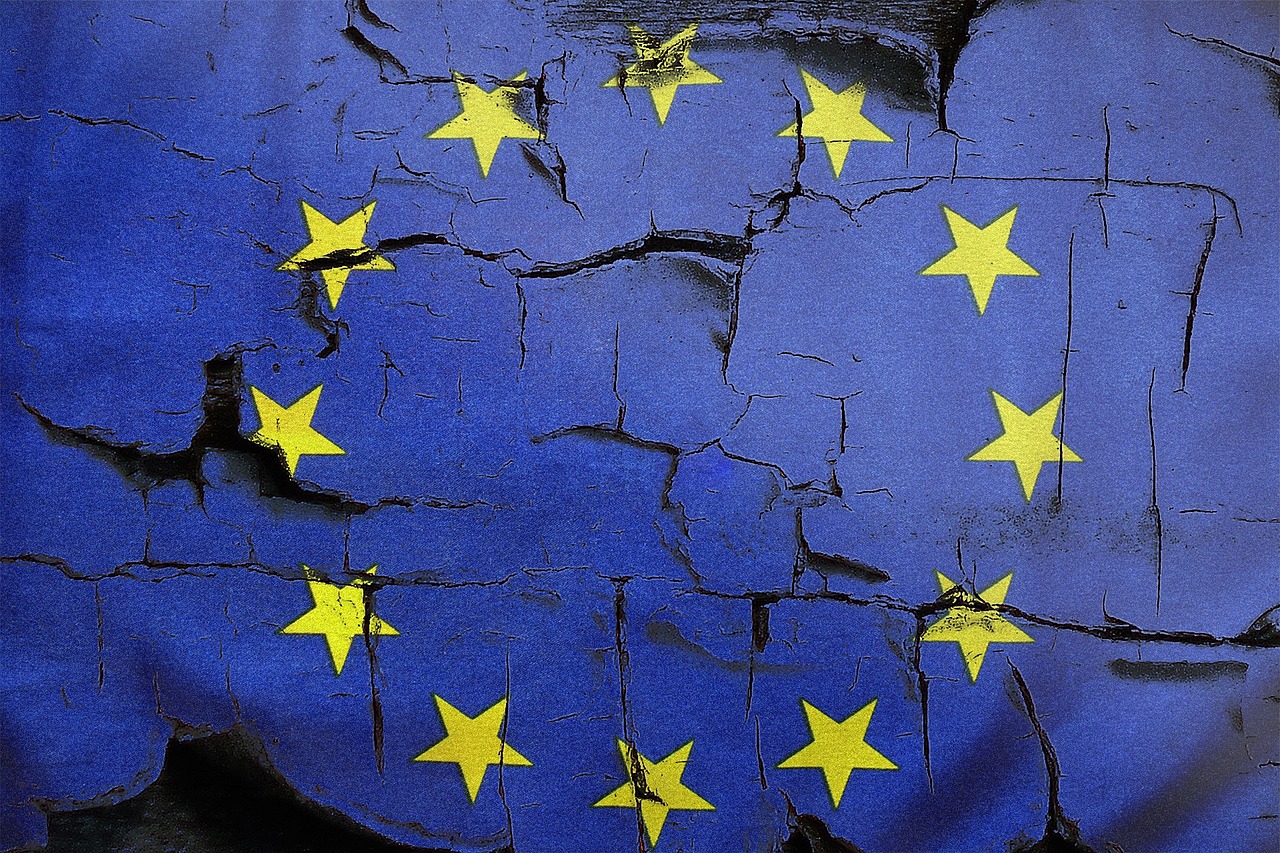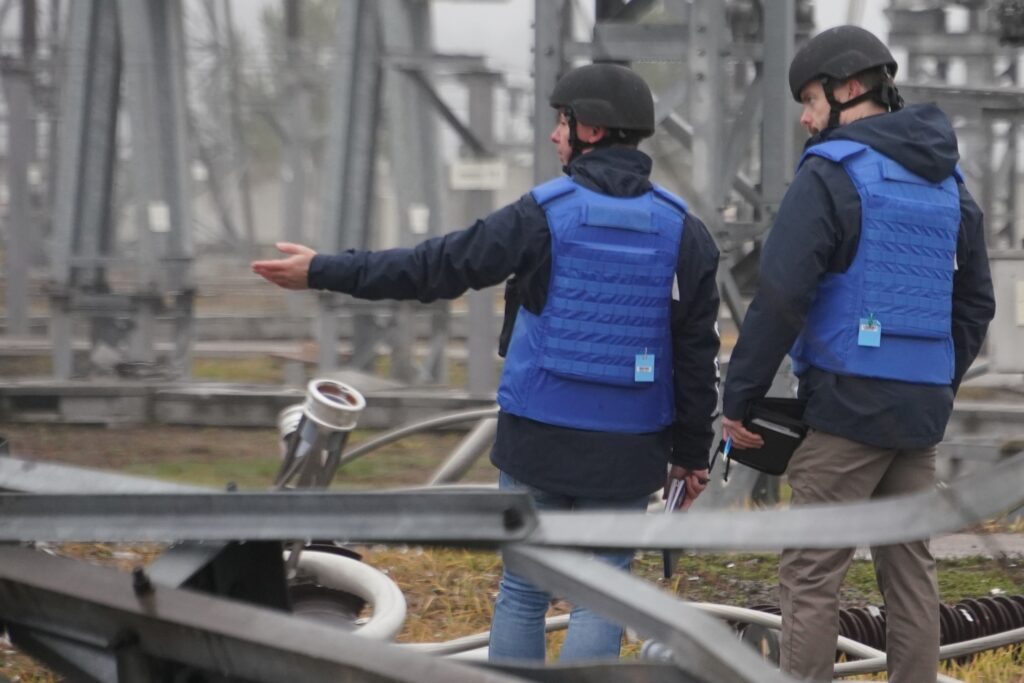The EU’s new price ceiling on Russian oil: how it (doesn’t) work
4 September 2025 09:48
on September 3, the European Union’s decision to reduce the ceiling price for Russian oil to $47.6 per barrel instead of the previous $60 came into effect, "Komersant Ukrainian" reports.
The head of the Office of the President of Ukraine , Andriy Yermak, wrote about the introduction of new restrictions.
“…a new price ceiling for Russian oil has been introduced. The limit is now $47.6 per barrel instead of the previous $60. This decision was made earlier as part of the 18th package of EU sanctions against Russia. We are grateful to our European partners for taking into account the recommendations of our sanctions group to reduce the price ceiling for Russian oil,”
– he wrote.
Дивіться нас у YouTube: важливі теми – без цензури
Price ceiling reduction: imitation of support
The decision to introduce a new ceiling price for Russian oil was made as part of the 18th EU sanctions package against the Russian Federation, approved in July this year. The UK and Canada also joined the EU initiative.
The decision sets a new, lower ceiling price for Russian oil at $47.6 per barrel instead of the previous price of $60.
This means that anyone buying Russian oil from the EU can only buy it at a price of $47.6 or lower.
The key innovation was the introduction of an automatic mechanism for adjusting the price limit – in the future, the maximum price will be constantly 15% below the average market price of Russian Urals oil.
As usual in the European Union, the current entry into force of the new regulation is not final – there is a transition period for the fulfillment of contracts that were concluded before July 20 at the old price. These contracts can be fulfilled until October 18.

The European Union traditionally assumes that such a measure will hit Russian oil revenues hard. Instead, according to the Center for Research on Energy and Clean Air (CREA), since the beginning of the full-scale Russian invasion, the EU has bought 213 billion euros worth of energy from Russia. Of this amount, 105 billion euros were paid for oil.
And during the third year of the full-scale Russian-Ukrainian war, the EU spent more money on Russian fossil fuels than on financial assistance to Ukraine.
Читайте нас у Telegram: головні новини коротко









